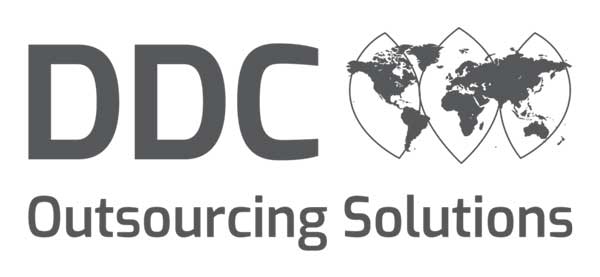In the dynamic world of data, ensuring quality and consistency is paramount. From strategic planning to customer interactions, reliable and accurate data is vital to the success of business decision-making. In the realm of data coding (the process of capturing and converting data into a particular format, making it convenient for processing and analysis), maintaining a high level of data quality relies on a balance between cutting-edge technology and expert human agents. The increasing volume, complexity, and value of data requires robust quality control measures to ensure confidence levels remain high.
Quality control in data coding involves detailed examination of the data at each stage of the process. From initial data entry to final processing checks, every step of the process is an opportunity to identify and rectify errors. This commitment to quality ensures that the end data delivered has an exceptional standard of accuracy. Inaccurate data can have serious consequences, including impaired decision-making, inefficient operations, and financial losses (Poor-Quality Data Imposes Costs and Risks on Businesses, Says New Forbes Insights Report). Furthermore, it may result in reputational damage, loss of customer trust, and can even pose health risks (consider, for example, allergen and ingredients information being inaccurately captured from a product label to appear on a supermarket website).
At DDC OS, our key to delivering exceptional quality standards across our solutions is to ensure that quality control is not just treated as a tick box exercise, but rather is embedded in the DNA of our teams and at the heart of our technology. This enables us to achieve an exceptional level of data quality and consistency. For instance, for one of our data coding clients with complex requirements including capturing to GS1 accreditation standards, we operate at a 0.6% error rate for single-language capture and 1.25% for dual-language capture.
From recruitment onwards, we embed a strong commitment to data accuracy within our teams. Initial training plans are followed up with dedicated monitoring and glidepath periods, enabling ongoing assessment and improvement. As our team members progress, we provide advanced training opportunities and specialised development programs, fostering knowledge exchange between our teams.
The journey to reliable data begins with accurate data entry. Many of our solutions adopt OCR technology for this initial stage, but even then, it is key to ensure that manual validation of the data takes place as a secondary control measure. This ensures that any errors are identified and corrected early in the process and can pass back information to any AI solutions to help them ‘learn’.
Our highly skilled agents carry out this precise quality control, combining technology with human expertise. While automation continues to play a pivotal role in data processing, and will no doubt be utilised even more in future, the human element of any data process remains irreplaceable. Skilled professionals bring contextual understanding, problem-solving solutions, and the ability to adapt to scenarios that don’t conform to standard.
A second quality control check by a different individual is opted for by many of our clients, especially on sensitive data such as financial information or allergen text. Our nearshore and offshore operational teams bring a unique advantage to this task by combining the proficiency of a skilled workforce with cost-effective solutions, making it possible to maintain exceptional quality standards without compromising on efficiency.
The future holds exciting possibilities, from enhanced automation to more sophisticated quality control measures. Embracing these changes is core to our approach of People. Powered. Progress. Which ensures that DDC remains at the forefront of delivering high quality data coding solutions. Get in touch today to see how our Data & Automation solutions can help your business…




